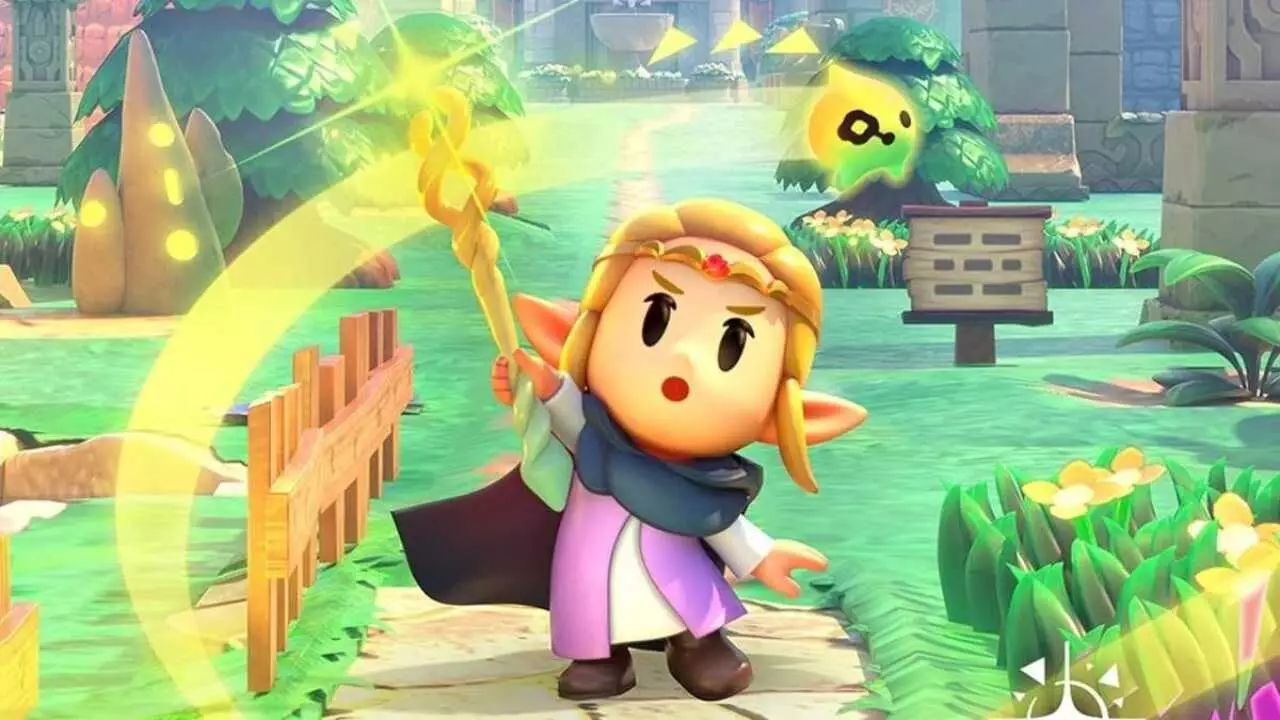The Zelda series has long fascinated fans with its intricate timeline, igniting discussions and debates that can rival the adventures of Link himself. With the release of “Echoes of Wisdom,” Nintendo has officially inserted this latest entry into the timeline, positioning it between “Tri Force Heroes” and the “Decline of the Hyrule Kingdom.” This strategic placement adds a new layer of complexity to an already multifaceted mythos, suggesting that Nintendo recognizes the significance of staying connected to its prior narratives while also drawing on inventive new storytelling.
At the heart of “Echoes of Wisdom” lies a gripping narrative—a rescue mission led by Princess Zelda to save her father, the King of Hyrule, from the clutches of Ganon. The twist, however, arrives when Link, the series’ protagonist, faces defeat, plunging the world into chaos through the emergence of mysterious rifts. This rift theme resonates with broader literary motifs of loss and confusion, making it compelling not just as a plot device, but also as a reflection of the characters’ emotional states. The opening gambit interestingly sets the stage for Princess Zelda to break traditional gender roles, as she emerges as the proactive figure who must navigate a darkened Hyrule.
The timeline’s connection to the “Ocarina of Time” and specifically the “lose” outcome where the Hero of Time succumbs to Ganondorf enriches the narrative’s implications. This acknowledgment of defeat opens up conversations about legacy and consequence, emphasizing that even heroes can fall. The dimension of failure and its impact on the kingdom continues to resonate throughout the Zelda universe, reinforcing the notion that each entry holds significant ties to those that came before. As Nintendo navigates storytelling and gameplay, they are contending with the notion of legacy as both a burden and a creative impetus.
Nintendo has maintained that while timelines like those of Zelda are acknowledged to an extent during development, gameplay preferences often take precedence. Producer Eiji Aonuma’s insights highlight this ongoing tension between storytelling and interactive entertainment. This tension raises questions about whether a coherent narrative can be maintained through diverse gameplay experiences. As game mechanics evolve, and with each new entry potentially reshaping past narratives, the balance between engaging gameplay and an intricate story requires careful consideration.
Fan reactions to the updated timeline are likely to be mixed, igniting further debates about where “Echoes of Wisdom” fits. Some may view it as a continuation of Zelda’s narrative depth, while others might criticize the complexities it introduces. The beauty of the Zelda series has always been in its capacity to inspire dialogue, inviting players to invest emotionally in a universe rich with symbols and meanings. As Nintendo weaves new stories into existing lore, they remind fans that the essence of adventure often lies not just in victory, but in the willingness to confront defeat and rise anew, embodying the very spirit of Hyrule itself.
“Echoes of Wisdom” is not merely a game; it is a reflection of the ongoing evolution of a storied franchise, prompting fans to rethink the nature of heroes, narratives, and the kingdom of Hyrule that they so deeply cherish.


Leave a Reply